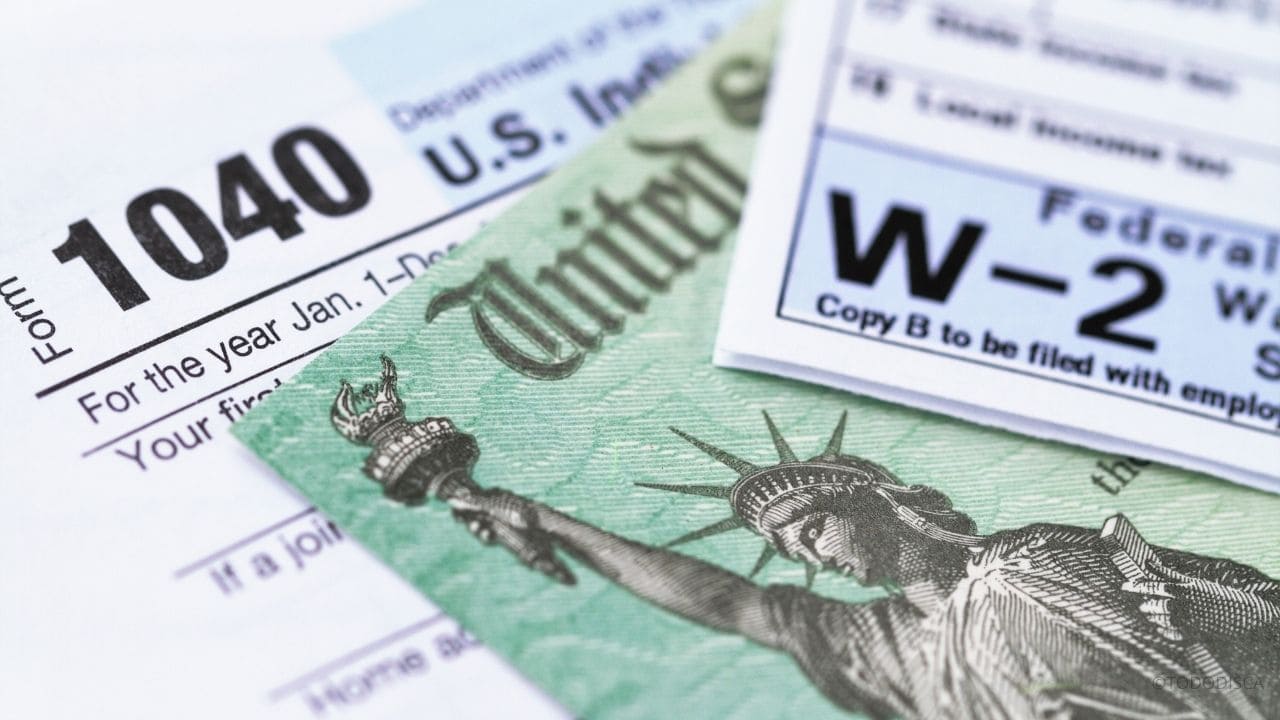Some individuals in the United States may find relief from paying taxes in 2025. Changes in tax regulations and specific eligibility criteria are opening doors for certain groups to benefit from full or partial exemptions, making this a topic of significant interest. Understanding who qualifies and how to take advantage of these exemptions is essential for proper financial planning.
The exemptions primarily target individuals facing specific economic, social, or professional circumstances. These changes reflect efforts to provide support where it is needed most, encouraging fairness and adaptability in the tax system.
Groups exempt from taxes in 2025
- Senior citizens with limited income
Retirees with income below a specific threshold may not have to pay federal taxes. This often includes Social Security beneficiaries whose benefits remain untaxed due to low earnings. - Veterans receiving disability benefits
Those receiving VA disability compensation are typically exempt from taxes on these payments, as they are not considered taxable income. - Low-income households
Families and individuals falling under the federal poverty guidelines may qualify for tax exemptions through credits like the Earned Income Tax Credit (EITC). - Students with certain scholarships
Scholarships used strictly for tuition and educational expenses can be tax-free, as long as they comply with IRS regulations. - Individuals in disaster-affected areas
Residents of areas declared disaster zones by the federal government often receive temporary tax relief to aid in recovery. - Charity workers and volunteers abroad
People working for qualified non-profits in foreign countries may benefit from specific exclusions, reducing their taxable income.
For 2025, ensuring compliance with updated tax laws while leveraging these benefits is key. Reviewing the IRS guidelines or consulting a tax professional will help you confirm your eligibility and maximize potential savings.








